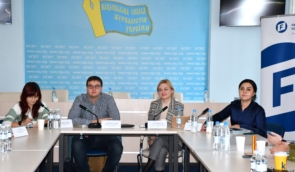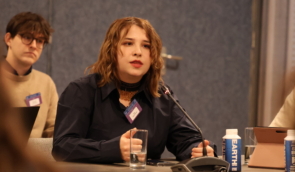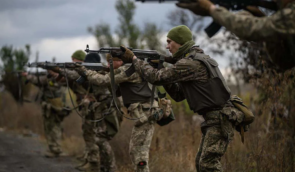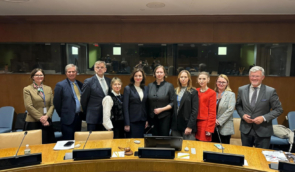Involvement of international mechanisms needed to protect Ukrainian children from Russian aggression – human rights defenders of Ukraine 5AM Coalition
Hundreds of thousands of children remain under Russia’s control in various ways, and protecting their rights is a task that is difficult for Ukraine to solve without the interference of the international community. The participants in the press conference “Ukrainian children under Russia’s control: how to protect their rights and future?”, which was held at the Media Center Ukraine–Ukrinform on World Children’s Day, spoke about the main challenges since 2014 up to the present day.
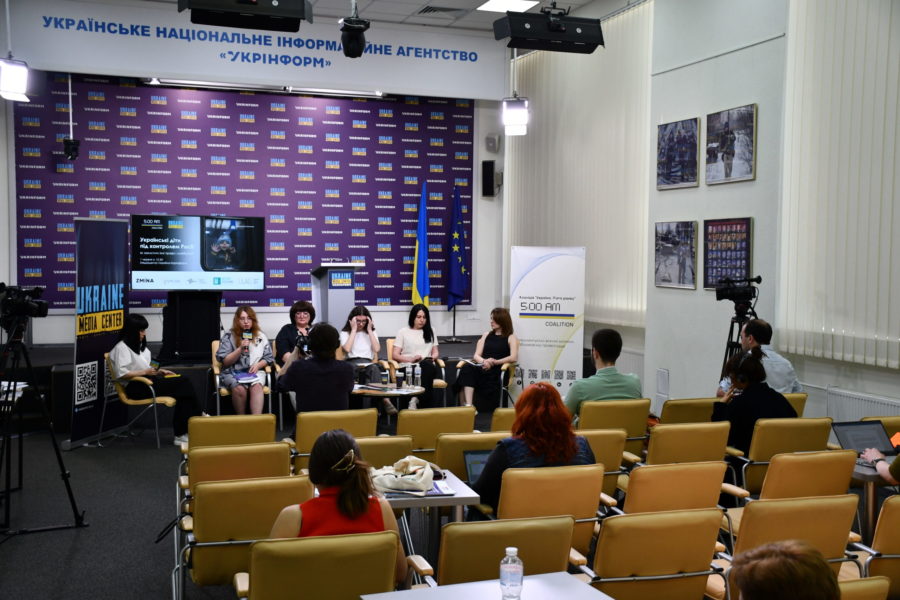
In its latest research, Human Rights Centre ZMINA talks about how Russia illegally displaces Ukrainian children to its territory and facilitates their adoption, including by stimulating this process financially. Experts state that such actions in total form a single policy that is implemented by the entire vertical of power in the Russian Federation and which is aimed at severing the connection between children and Ukraine, making it impossible for them to return. This amounts to the crime of genocide, Onysiia Syniuk, legal analyst at Human Rights Centre ZMINA, noted.
“Children can be displaced from the occupied territories to other countries only for one reason: if their health is in danger. Moreover, if such a danger exists, parents or guardians should be found and permission for displacement should be obtained from them. It is important to understand that the consent of the children themselves cannot be the basis for this. Nevertheless, Russia has begun to relocate childcare facilities from the occupied territories. This started happening even before the full-scale invasion. In particular, it is known that on February 19, 457 children from three institutions from the occupied territory of Donetsk region were brought and accommodated at the Romashka sports and health institution in Rostov region. Donetsk boarding school No. 1 was among them. In April, the director of this institution gave an interview, noting that the decision to displace those children was made in a matter of minutes and the children gave their permission and consent to be accommodated in Russian families in the future,” Onysiia Syniuk says and adds that the occupiers also use massively so-called vacations in camps and health resorts to move children both to Crimea and Russia. In particular, the occupation authorities of Kherson declared last year that 5,000 Kherson children should be taken out “for rehabilitation” in this way.
It is also worth noting the crimes against children who remain in the occupied territories: in fact, the consequences of the influence are similar – the occupiers use all possible means to erase the identity of these children, using federal educational programs, carrying out “educational” and “patriotic” activities, militarization and indoctrination.
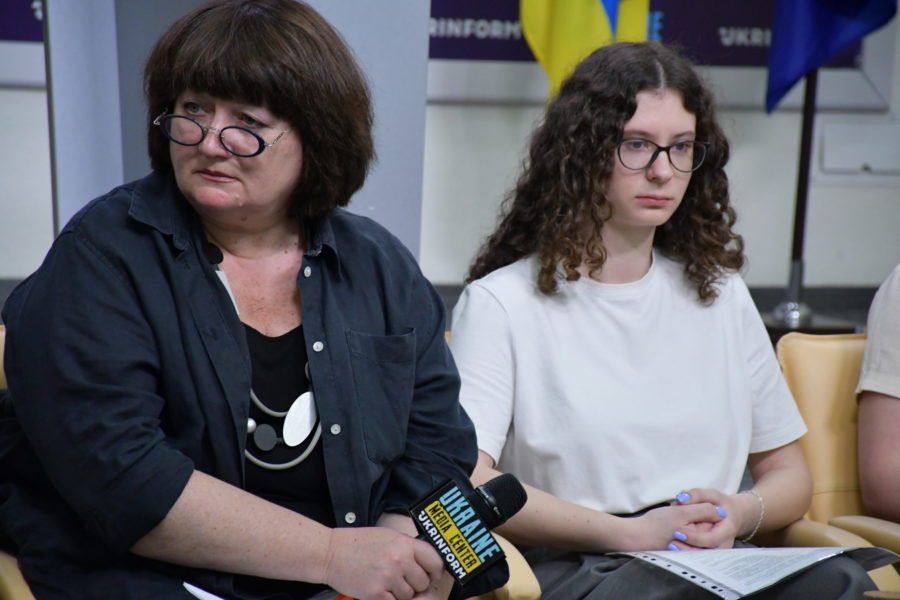
“The children living in ‘DPR/LPR’ have not been taken anywhere, they are simply re-educated. The so-called Crimean re-education scenario is being implemented in Zaporizhzhia and Kherson regions. This is a complete ban on access to history, language, and culture of their [Ukrainian] people. And even if children try to remember that they are Ukrainian, the occupiers apply ‘denazification courses’ to these children. And then videos appear which show children saying: ‘I apologize to the Russian people for calling them ‘Rashka’ [denigratory name of Russia] and ‘orcs’[denigratory name of the Russians], I understood everything after the courses, and therefore ‘Glory to Russia.’ When I see videos like this, I understand what this child went through, what humiliation they experienced. That’s why I want us to remember about more than a million children who are being freed from feeling like Ukrainians today,” emphasizes Valentyna Potapova, head of the national advocacy efforts in education area at the Center for Civic Education “Almenda”.
She cites examples of stories of Crimean children collected within the framework of the Memorial Board project, who grew up, were drafted into the Russian army or joined it as volunteer fighters, and were killed over nine years. Those children experienced massive ideological pressure through educational activities, school curriculum, cadet class, and Young Army [Russia’s national military patriotic social movement association]. The question that remains unanswered so far is: who are these fallen boys: criminals or victims? After all, re-education or ideological influence without displacement are not classified either as a war crime or a crime of genocide even though its purpose is obvious – the erasure of Ukrainian identity.
Regarding the forced displacement of Ukrainian children, the world is more unanimous in its assessments. On May 4, experts of the OSCE Moscow Mechanism published a report in which these actions are recognized as amounting to a war crime and a crime against humanity. Thus, the Russian Federation violates many provisions of the Convention on the Rights of the Child.
“The report cites the pretexts that Russia uses to displace children to its territory. This is primarily evacuation under the pretext of security, and in this context, the experts concluded for the first time that the relocation of educational institutions, in particular, a Kherson orphanage, to the territory of Russia is a crime against humanity and a war crime. Another reason used by Russia is the transfer of children for adoption, to foster families. First of all, Russia seeks to hand over orphans and children deprived of parental care to Russian families in order to integrate them into the Russian educational system and change their identity,” explains Kseniya Korniyenko, a lawyer at the Regional Center for Human Rights.
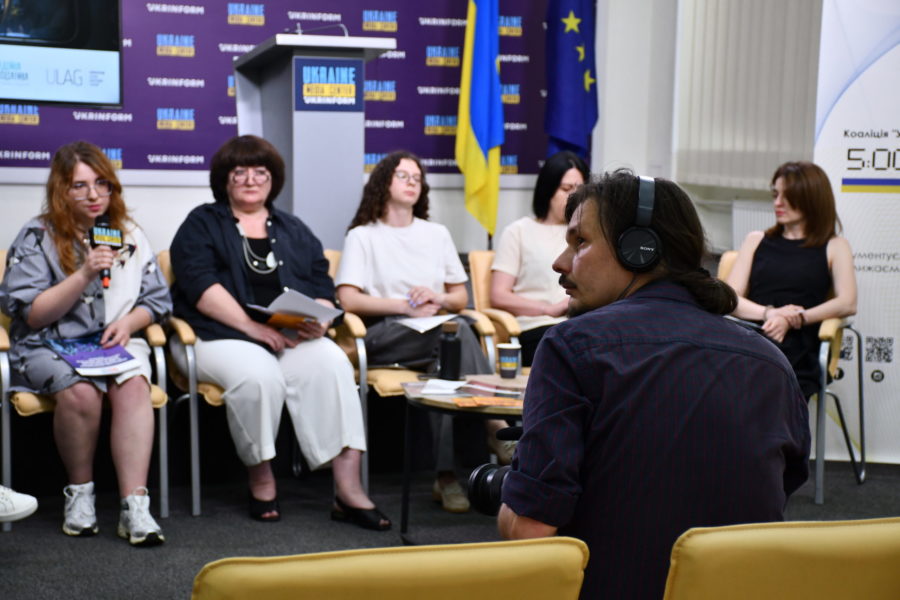
According to her, the conclusions of the document regarding the adoption of children are important, in particular those that took place back in 2014 when at least 1,000 children were taken out of Crimea as part of the Train of Hope initiative. It is currently unknown what happened to these children.
Experts of the Media Initiative for Human Rights examined the question of how the Russians find out about children who are in difficult life circumstances and discovered the activity of Russian volunteers and doctors in social networks who come to the occupied territories, find such children, and facilitate their subsequent transfer to adoptive parents in Russia. In addition, the occupiers use pressure and violence against the parents, who are taken hostage and held in prisons, while the children are left alone at home.
Anastasiya Pantelieyeva, head of the documentation department at the Media Initiative for Human Rights, also told the story of two teenagers, born in 2006, who live in Berdiansk, the occupied town in Zaporizhzhia region.
“At the end of September last year, the Russian military came to one of these teenagers – they took him, put a bag on his head, and took him to an unknown direction. Grandma was at home, she was looking for this boy. Five days later it became known that he was being held in a captured administrative building. Civilian hostages were held there after the occupation. Later it became known that this boy was taken for so-called interrogations with a mock execution. He was tortured with electric shocks. His classmate found himself in almost the same situation – the boy was not held among civilian hostages but was also taken away for interrogation. On May 24, charges were brought against these children, they will be tried,” Anastasiya Pantelieyeva said.
Teenagers do not have adequate legal assistance. Since the last autumn, they have been under house arrest and cannot leave the occupied territory – the parents of one of the boys tried to evacuate him from the city, they were detained and escorted back to the city. Later, they were allowed to leave, but without the child.
“The forcible transfer and deportation of children is one of the most serious international crimes that Russia has been committing since 2014 and using them as a tool for waging war. If we talk about the legal classification of such crimes, they can fall under three categories: war crimes, crimes against humanity, and genocide. Everything depends on the number of collected facts and the evidence base which in the future will have a correct impact on the final classification,” said Yevheniya Kapalkina, a lawyer at Ukrainian Legal Advisory Group.
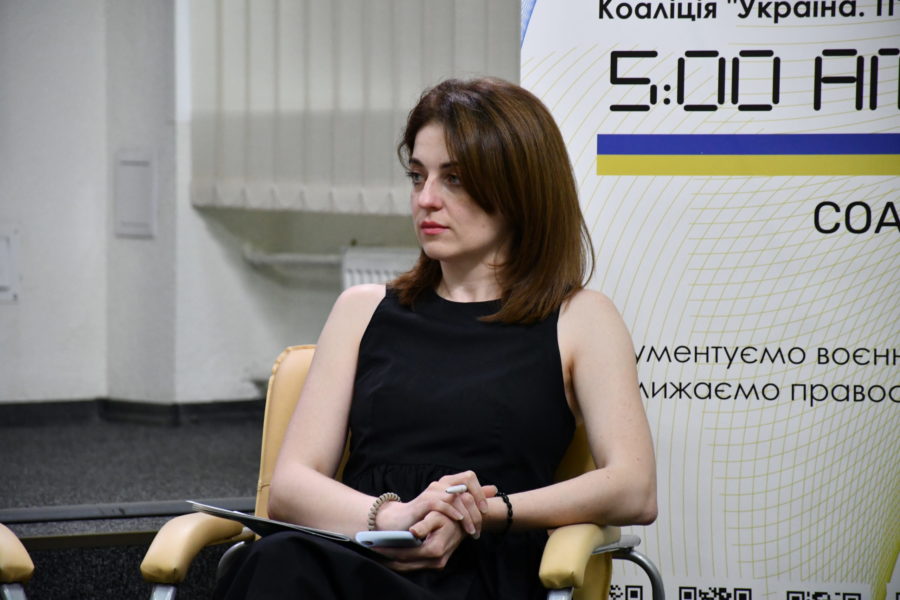
According to her, this issue should be settled with the active participation of the international community and existing mechanisms for that, such as the involvement of patron states – independent third countries which will act as mediators in the armed conflict as prescribed by the Geneva Conventions. Unfortunately, this mechanism has not been used or initiated since 2014.
“As an alternative, it is proposed to use third countries that have consular diplomatic relations with the Russian Federation, which could, accordingly, undertake assistance to Ukraine for the consular protection of the human rights of Ukrainians in the territory of the Russian Federation if it concerns the restoration of passport documents or other documents required for confirming identity due to the loss or destruction of documents. This mechanism is also not used, but our task is to initiate such issues at the international level which we do during advocacy trips,” Yevheniya Kapalkina added.
If you have found a spelling error, please, notify us by selecting that text and pressing Ctrl+Enter.


